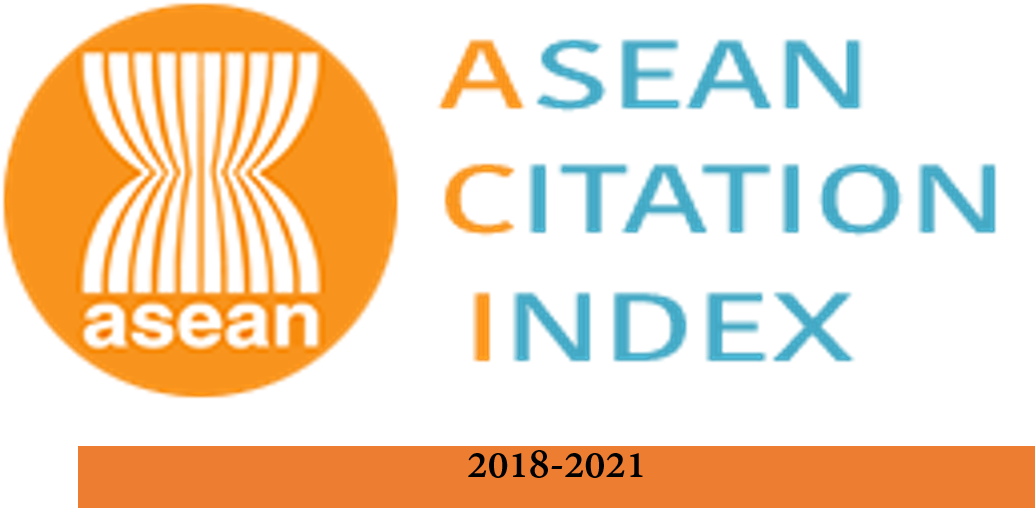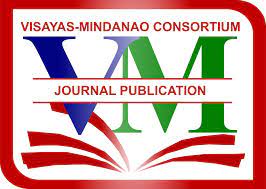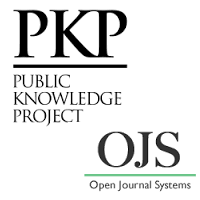Publication Ethics & Malpractice Statement
The Asia Pacific Journal of Social and Behavioral Sciences (APJSBS) seeks to promote the highest standard of professional ethical norms and values for its research contributors by ensuring accuracy and intellectual integrity of all researches produced under its name or its auspices. Hence, all procedures in studies submitted to APJSBS are assessed in accordance with the relevant ethical requirements, especially in the treatment of human participants or animal subjects.
The editorial board requires all authors to follow the required ethical standards set by the Committee on Publication Ethics (COPE). It is the responsibility of the authors to have their manuscripts undergo scientific and ethical review.
The APJSBS Editorial Board is guided by the following principles, guidelines, and policies. The publication team commits to observe a positive, scholarly and professional attitude at all times.
Responsibilities of the Editor-in-Chief (EIC)
Ensures the timely production of each Journal issue, in conjunction with the Managing Editor.
- Ensures that no fabrication, falsification or unethical manipulation of data.
- Defines the overall strategic direction for the Journal.
- Recruits and selects reviewers.
- Oversees and guides the manuscript selection process.
- Reviews submitted manuscript by
- deciding on the suitability for the peer review process;
- determining the reviewer/s for each manuscript;
- seeing to it that double-blind refereeing is done; and
- determining in the light of advice from the reviewer/s, the rejection, acceptance and request for resubmission, to maintain the quality of the Journal.
- Works with author/s to revise blind copy manuscripts based on referee's comments and his/her own recommendations for improvement (e.g., originality of the work; relevance; scientific and methodology soundness; clarity of the manuscript, tables and figures; scholarly accuracy; organization of paper; overall quality, and compliance with publication guidelines).
- Returns manuscripts to the author/s using the Online Journal System (OJS) protocols.
- Supervises the Journal's response to appeals, complaints, reader suggestions, and ethical problems regarding published work (e.g., possible duplicate publication, scientific fraud).
- Represents the Journal at meetings and conferences, and works to enhance the Journal's reputation among the academic community it serves.
Responsibilities of the Reviewers
- Start the peer review process by reviewing blind copy-manuscripts based on originality of the work, relevance, scientific and methodological soundness, organization of the paper and clarity of the manuscript, tables and figures.
- Return the reviewed manuscripts to the EIC and send the same to the author/s for revisions.
- Give immediate feedback and provide reasons for the views presented especially when these views differ from the author/s'.
- Observe professionalism in handling and treating the reviewed materials with utmost care and confidentiality.
Responsibilities of the Managing Editor
- Coordinates with the EIC in matters related to the publication's editorial activities.
- Oversees the progress of the publication's editorial proceedings.
- Conducts pre-review of submitted manuscripts prior to the peer review process.
- Coordinates with the EIC with regard to the status of papers under review.
Responsibilities of the Authors
- Ensure that their work is original, properly cited, and free from plagiarism.
- Disclose any conflict of interest, financial or otherwise, that might influence the research or its interpretation.
- Submit to the EIC a Consent to Withdraw if they opt to cancel their submission.
- Adhere strictly to the guidelines set by the Journal on the publication process.
- Ensure that the manuscript is not submitted to another journal unless it has been formally rejected by the current journal. Avoid duplicate publication under all circumstances.
Authorship and Contributorship
The Journal policy on authorship and contributorship is based on the substantial contributions of each author to the research design, concept, write ups and its publication. All authors are expected to have made a significant contribution and be accountable for the content of the article. A corresponding author will be identified by the co-authors to ensure the communication with the Journal from the submission of the manuscript, revision and acceptance for publication. This will ensure that all co-authors approve the final version of the manuscript
All non-authors of the article will be listed under the "Acknowledgement" section of the article.
Policy of Intellectual Property Rights (IPR)
-
Ownership of Copyright
The Asia Pacific Journal of Social Behavioral Sciences (APJSBS) of Bukidnon State University owns the research article but the authors reserve the right to authorship. After the manuscript is reviewed, the authors must sign a transfer of copyright agreement with the publisher to publish the article.
-
Conflict of Interest
To avoid conflict of interest, the author should submit an approval form from the funding agency to publish with APJSBS. Upon submission of the article to the Journal, this form should be submitted to the editorial board. Authors also need to signify that there is no conflict of interest in the conduct of research. This means that the validity of the research has not been influenced by secondary interests such as financial gain.
Publication Malpractice by Authors
The Journal strictly adheres to local and international quality control standards to ensure the integrity of all submitted research. All manuscripts undergo rigorous checks for originality and plagiarism using licensed tools such as Grammarly for language refinement and Turnitin for plagiarism detection. The editorial board enforces a zero-tolerance policy for any form of plagiarism, including self-plagiarism or uncredited use of another's work, as it constitutes a serious breach of ethical standards. Manuscripts found to violate these policies will be rejected, and further actions may be taken if necessary. Authors are expected to ensure their submissions comply with these ethical standards prior to submission.
Handling of Complaints and Appeals
All complaints, concerns raised and appeals on the publication process, content or on APJSBS editorial board will be handled confidentially and in accordance with the guidelines set by COPE regardless of race, gender, status or identity.
Data sharing and Reproducibility
Authors who wish to make use of data in any article of the Journal must ask permission from the author/s and, if approved, must cite the source appropriately. The APJSBS may encourage authors to share data and materials to promote transparency and reproducibility. This helps in verifying the results and methods presented in the research.
Ethical Reporting of Results
Authors are expected to accurately report their findings and not engage in selective reporting or manipulation of data to support a particular hypothesis or conclusion.
Corrections and Retractions
In cases of clerical errors identified post-publication, the APJSBS will conduct a thorough review and issue appropriate corrections to maintain the accuracy and integrity of the published work. For ethical concerns, including issues of plagiarism or other breaches of publication ethics, the matter will be carefully reviewed, and decisions will be made in accordance with the guidelines set by the COPE. The Journal is committed to upholding the highest ethical standards in all its publications.
If you prefer a formatted version of the Publication Ethics and Malpractice Statement, you can download the PDF file here.









